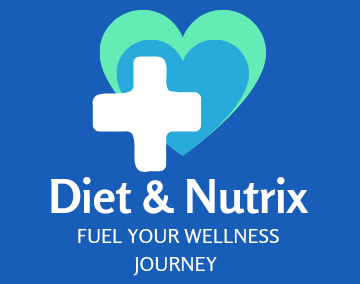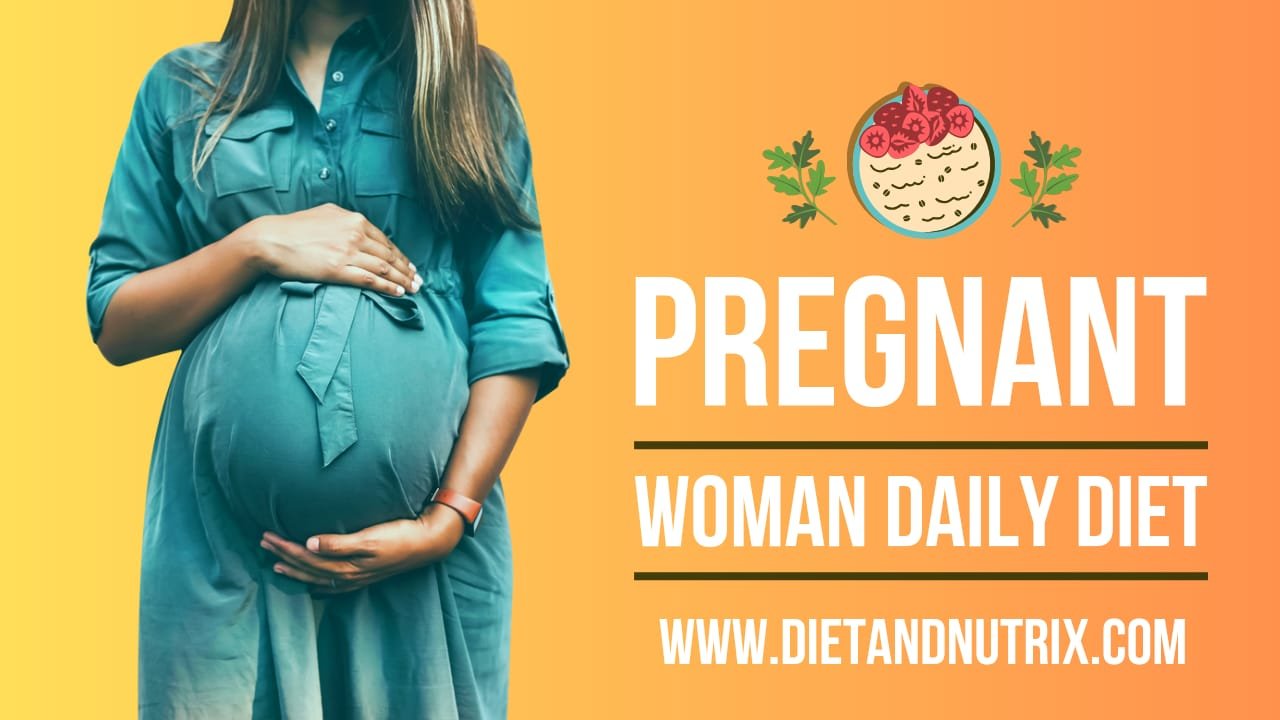Best Diet for the First Trimester of Pregnancy: A Comprehensive Guide
Introduction
Pregnancy is a life-changing experience, proper nutrition is especially important during the first trimester. The first trimester is a important period for the baby’s development, and the right diet can support both the mother and the growing baby. In this article, we will explore the best dietary practices for the first trimester, ensuring ideal health and well-being for both mother and child.
Understanding the First Trimester Pregnancy
The first trimester spans the first 12 weeks of pregnancy. During this time, the baby’s major organs and systems begin to form, making it necessary to provide the right nutrients. Mothers may experience symptoms like nausea, fatigue, and food aversions, which can effect dietary choices.
Key Nutrients for the First Trimester Pregnancy
- Folic Acid
- Importance: Folic acid is crucial for preventing neural tube defects.
- Sources: Leafy greens, citrus fruits, beans, and fortified cereals.
- Iron
- Importance: Supports the increased blood volume and helps prevent anemia.
- Sources: Lean meats, spinach, legumes, and iron-fortified cereals.
- Calcium
- Importance: Essential for the development of the baby’s bones and teeth.
- Sources: Dairy products, fortified plant milks, leafy greens, and almonds.
- Protein
- Importance: Supports the growth of fetal tissue, including the brain.
- Sources: Lean meats, poultry, fish, eggs, dairy, tofu, and legumes.
- Vitamin D
- Importance: Works with calcium to develop strong bones and teeth.
- Sources: Fatty fish, fortified dairy, and exposure to sunlight.
- Omega-3 Fatty Acids
- Importance: Crucial for the development of the baby’s brain and eyes.
- Sources: Fatty fish (like salmon), flaxseeds, chia seeds, and walnuts.
Dietary Recommendations For First Trimester
- Balanced Meals
- Ensure each meal includes a mix of proteins, healthy fats, and complex carbohydrates.
- Aim for at least five servings of fruits and vegetables daily to get a variety of nutrients.
- Small, Frequent Meals
- Eating smaller, frequent meals can help manage nausea and ensure steady nutrient intake.
- Include snacks like nuts, yogurt, and fruit.
- Hydration
- Drink plenty of water throughout the day to stay hydrated and support amniotic fluid production.
- Aim for at least 8-10 cups of water daily.
Foods to Avoid
- High-Mercury Fish
- Avoid fish like shark, swordfish, king mackerel, and tilefish due to high mercury levels.
- Opt for safer choices like salmon, shrimp, and canned light tuna.
- Raw or Undercooked Foods
- Avoid raw fish, undercooked meats, and unpasteurized dairy products to prevent foodborne illnesses.
- Caffeine
- Limit caffeine intake to less than 200 mg per day (about one 12-ounce cup of coffee).
- Consider caffeine-free alternatives like herbal teas.
- Processed and Junk Foods
- Minimize intake of foods high in added sugars, trans fats, and artificial additives.
- Focus on whole, nutrient-dense foods.
Foods to Include in Your Diet During Pregnancy
- Leafy Greens and Vegetables
- Benefits: Rich in vitamins A, C, K, and folate.
- Examples: Spinach, kale, broccoli, Brussels sprouts.
- Whole Grains
- Benefits: Provide fiber, iron, and B vitamins.
- Examples: Oats, brown rice, quinoa, whole wheat bread.
- Lean Proteins
- Benefits: Support the baby’s growth and development.
- Examples: Chicken, turkey, tofu, beans, lentils.
- Dairy or Dairy Alternatives
- Benefits: High in calcium and vitamin D.
- Examples: Milk, cheese, yogurt, fortified almond milk.
- Fruits
- Benefits: Packed with vitamins, minerals, and fiber.
- Examples: Berries, apples, oranges, bananas.
Sample Meal Plan
Breakfast
- Greek yogurt with fresh berries and a sprinkle of chia seeds.
- Whole grain toast with avocado and a poached egg.
Morning Snack
- A handful of almonds and an apple.
Lunch
- Quinoa salad with mixed greens, chickpeas, cherry tomatoes, cucumber, and a lemon-tahini dressing.
Afternoon Snack
- Carrot sticks with hummus.
Dinner
- Baked salmon with a side of roasted sweet potatoes and steamed broccoli.
Snack Ideas
- Greek Yogurt with Honey and Almonds
- Greek yogurt provides calcium and protein.
- Honey adds natural sweetness.
- Almonds offer healthy fats and vitamin E.
- Apple Slices with Peanut Butter
- Apples are rich in fiber and vitamins.
- Peanut butter provides protein and healthy fats.
Managing Common First Trimester Symptoms with Diet
Nausea and Vomiting
- Eat small, frequent meals throughout the day.
- Include ginger in your diet, which can help alleviate nausea.
- Stay hydrated with water, herbal teas, and clear broths.
Fatigue
- Ensure adequate protein intake to keep energy levels stable.
- Include complex carbohydrates like whole grains for sustained energy.
- Avoid sugary snacks that can lead to energy crashes.
Constipation
- Increase fiber intake with fruits, vegetables, and whole grains.
- Drink plenty of water to help move fiber through the digestive system.
- Incorporate physical activity, like walking, to promote regular bowel movements.
Conclusion
Eating a balanced and nutritious diet during the first trimester of pregnancy is essential for the health of both the mother and the developing baby. Focus on incorporating a variety of nutrient-rich foods, staying hydrated, and avoiding harmful substances. By following these guidelines, you can support a healthy pregnancy and lay the foundation for your baby’s growth and development.
Stay tuned to www.dietandnutrix.com for more tips and guidance on nutrition during pregnancy and beyond.
More Diet Tips:



Very informative
I was looking for this kind of info